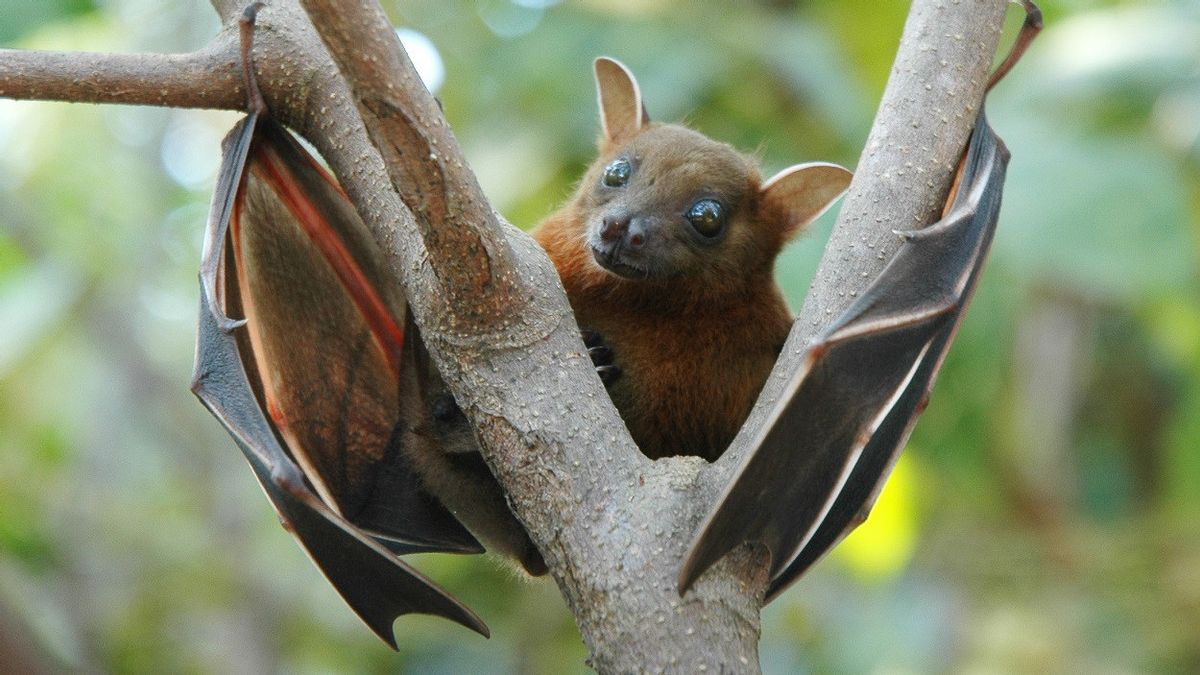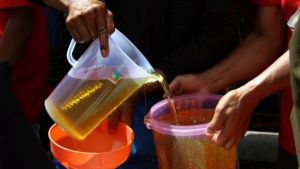JAKARTA - Researchers are collecting samples from bats in northern Cambodia to understand the Coronavirus pandemic, returning to a region where a very similar virus was found in animals a decade ago.
Two samples from horseshoe bats were collected in 2010 in Stung Treng Province near Laos and stored in a freezer at the Institut Pasteur du Cambodge (IPC) in Phnom Penh.
Tests carried out on them last year revealed close relatives to the coronavirus, which has killed more than 4.6 million people worldwide.
The IPC research team of eight collected samples from the bats and recorded their species, sex, age, and other details over the course of a week. Similar research is taking place in the Philippines.
"We hope that the results of this study can help the world to have a better understanding of COVID-19", field coordinator Thavry Hoem told Reuters, holding up a net to catch bats.
Host species such as bats usually show no symptoms of a pathogen, but these can be very damaging if transmitted to humans or other animals.
Dr. Veasna Duong, Head of Virology at IPC, said his institute had made four such trips in the past two years, hoping to get clues about the origin and evolution of bat-borne viruses.
"We wanted to find out if the virus was still around and to find out how it evolved", said Dr. Veasna Duong.
Deadly viruses that originated in bats include Ebola and other coronaviruses such as Severe Acute Respiratory Syndrome (SARS) and Middle East Respiratory Syndrome (MERS).
But Veasna Duong said humans are responsible for the devastation caused by COVID-19, due to the disruption and destruction of natural habitats.
"If we try to be close to wild animals, the possibility of the virus being carried by wild animals is greater than usual. The chance of the virus transforming to infect humans is also greater", he explained.
SEE ALSO:
The French-funded project also aims to see how wildlife trade can play a role, added Julia Guillebaud, a research engineer in IPC's virology unit.
"(The project) aims to provide new knowledge about the wild meat trade chain in Cambodia, document the diversity of Beta Coronaviruses circulating through this chain, and develop a flexible and integrated early detection system of viral events", said Gillebaud.
The English, Chinese, Japanese, Arabic, and French versions are automatically generated by the AI. So there may still be inaccuracies in translating, please always see Indonesian as our main language. (system supported by DigitalSiber.id)

















